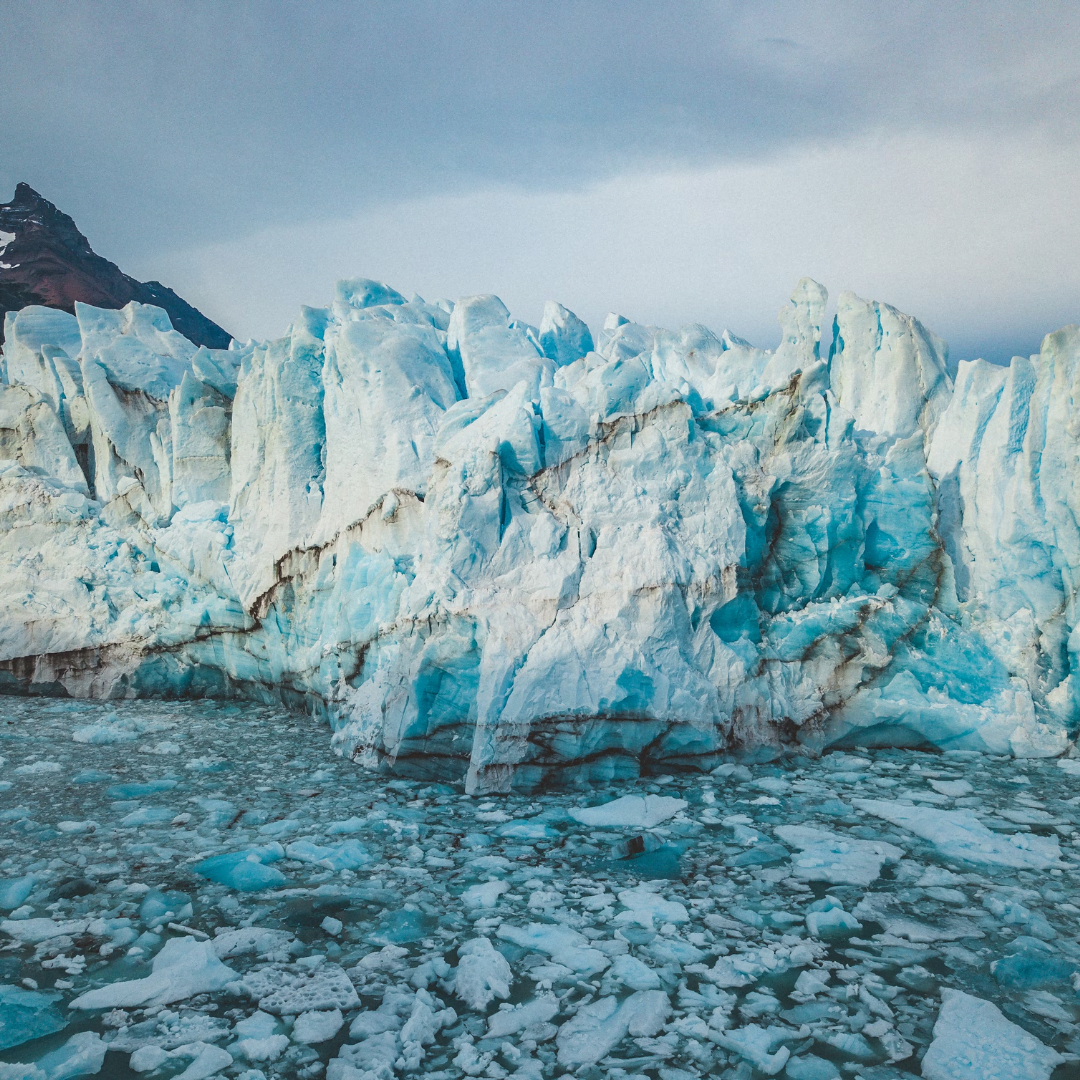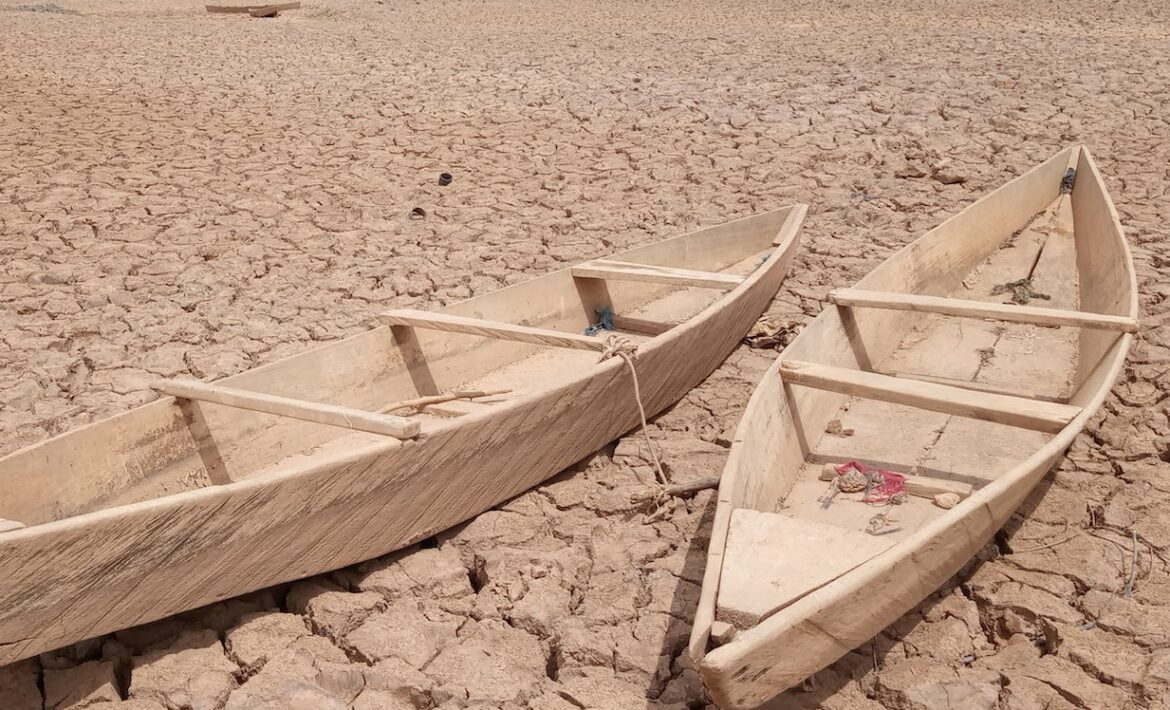
Tipping Points Part 1: Negative Tipping Points
by Patrick Cook
Negative tipping points
Our understanding of climate change is typically based on the linear relationship between cumulative emissions and average temperature–we know that a rising temperature is undesirable, so we need to limit our emissions. But this does not fully explain the reality of how climate change will play out. The climate is a complex system in a carefully balanced equilibrium, and relatively fast changes like the warming effect caused by human emissions can push us over ‘tipping points’, causing the system to move irreversibly into a new state.
A 2022 study showed that the climate crisis may have already triggered five dangerous tipping points, which could permanently alter the climate [1]. These negative tipping points include ‘the collapse of Greenland’s ice cap and the collapse of a key ocean current in the North Atlantic’. At 1.5 ºC of warming, these five tipping points move from being possible to likely, and we risk hitting another five tipping points.
A study released last year at COP28 named 25 potential negative tipping points [2]. These include melting ice caps, which threaten to accelerate warming around the Arctic Ocean through a process known as ice-albedo feedback, and thawing permafrost, which can release the potent greenhouse gas methane into the atmosphere [3,4]. Both of these could raise global temperatures even further. Ecological tipping points include the dieback of the Amazon rainforest, coral reefs, and mangroves; in these cases, the impacts will be particularly strong in specific regions, and could impact local ways of life and resilience to climate change [2].
Causes of tipping points, such as a warming climate, deforestation, water stress, and local pollution can compound, meaning that tipping points may occur sooner than predicted in individual studies which look at only one cause [5]. This reaffirms that we should be wary of making progress on carbon emissions by harming the planet in other ways. Our solutions will need to be holistic, and of course sustainable, in nature.
Tipping points should define our understanding of the climate; even small deviations from the fastest possible decarbonisation pathway could have enormous negative consequences. This means that every little counts, and differences of 0.1 degrees or less could end up making all the difference to the future of life on this planet. When climate scientists speak with an alarming level of urgency and desperation, they have in mind the consequences of negative tipping points, and the importance of fast action to prevent them.
Tipping points will play out over a wide range of time scales. Greenland’s ice sheet is expected to melt over millennia [6], which could give societies enough time to adapt or find other solutions. Other more direct impacts of climate change, such as extreme heat and flooding, could be more damaging to society in the near term. Whilst negative tipping points are alarming, they underscore an important tenet of environmentalism: even when things look bad, change is slow, and progress is stalling, it will always be worth the fight.
References:
[1] Damian Carrington, World on brink of five ’disastrous’ climate tipping points, study finds’, The Guardian, https://www.theguardian.com/environment/2022/sep/08/world-on-brink-five-climate-tipping-points-study-finds, accessed on 27/01/2024
[2] Tim Lenton et al., Global Tipping Points, University of Exeter Global Systems Institute, https://global-tipping-points.org/, accessed on 27/01/2024
[3] Rantanen, M., Karpechko, A. Y., Lipponen, A. et al., The Arctic has warmed nearly four times faster than the globe since 1979, Commun Earth Environ 3, 168 (2022). https://doi.org/10.1038/s43247-022-00498-3
[4] Christina Schadel, The irreversible emissions of a permafrost ‘tipping point’, CarbonBrief, https://www.carbonbrief.org/guest-post-the-irreversible-emissions-of-a-permafrost-tipping-point/, accessed on 27/01/2024
[5] Jonathan Watts, Ecological tipping points could occur much sooner than expected, study finds, The Guardian, https://www.theguardian.com/environment/2023/jun/22/ecological-tipping-points-could-occur-much-sooner-than-expected-study-finds, accessed on 27/01/2024
[6] Renee Cho, How Close Are We to Climate Tipping Points, State of the Planet, https://news.climate.columbia.edu/2021/11/11/how-close-are-we-to-climate-tipping-points/, accessed on 28/01/2024



